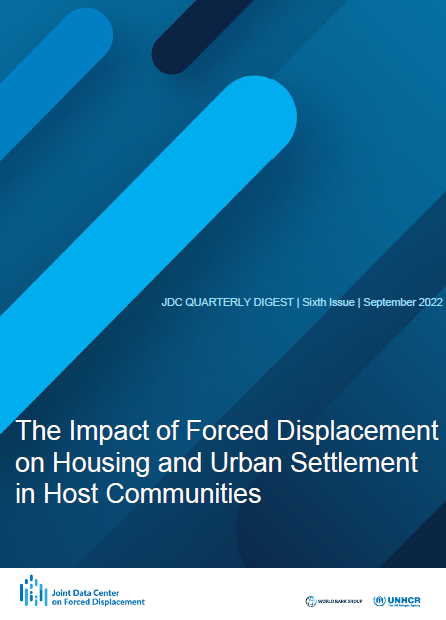The Impact of Forced Displacement on Housing and Urban Settlement
in Host Communities
Findings in the literature suggest that the sudden and often massive nature of refugee inflows, combined with the fact that housing supply is mostly unresponsive in the short-term, has the potential to affect housing prices and generate substantial changes in housing preferences, neighborhood quality/amenities, mobility patterns of hosts, and attitudes toward refugees in receiving areas. The interaction between the location preferences of refugees and the actions taken by hosts in response to refugee inflows may lead to residential segregation, urban poverty, high economic inequality, and unsustainable cities in the long-term. Policy lessons suggest options like transforming camps (that may have become socioeconomically attractive locations) into sustainable settlements, utilizing voucher programs, and incentivizing government-financed housing solutions for refugees.



